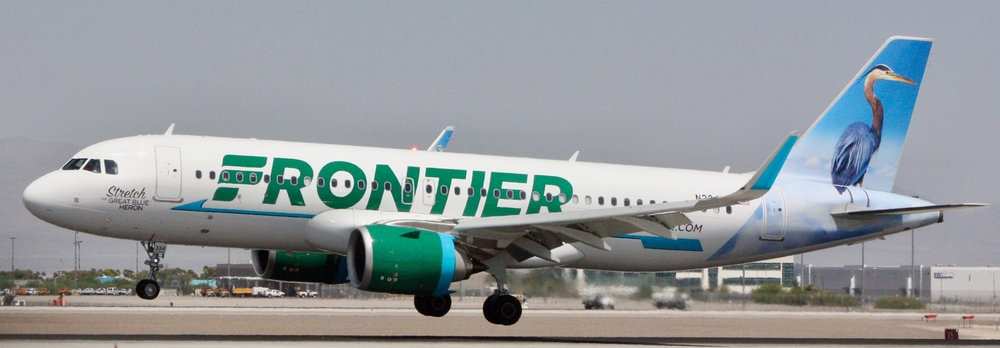The budget airline industry may see a major shake-up as Frontier Airlines has once again proposed a merger with Spirit Airlines, which is currently navigating bankruptcy. This marks the second attempt at a merger after a previous deal was derailed in 2022 by a competing offer from JetBlue Airways, which a federal judge ultimately blocked.
A Renewed Bid for a Budget Airline Merger
Frontier Airlines officially announced on Wednesday that it has presented a merger proposal to Spirit Airlines’ board and executives earlier this month. The company believes its plan is more viable than Spirit’s current bankruptcy recovery strategy.
In an email to Spirit’s Chairman Mac Gardner and CEO Ted Christie, Frontier’s Chairman Bill Franke, and CEO Barry Biffle emphasized the urgency of their offer. “We continue to believe that under the current standalone plan, Spirit will emerge highly levered, losing money at the operating level, and this would not be a transaction we would pursue. As a result, time is of the essence.”
Spirit Rejects the Offer, Calls It Inadequate
Despite Frontier’s push, Spirit Airlines dismissed the proposal, labeling the terms as “inadequate and unactionable”. This rejection was made clear in a letter shared in a securities filing on Wednesday. Spirit remains committed to its existing plan to exit Chapter 11 bankruptcy during this quarter, focusing on cost-cutting and asset sales.
Spirit has reduced expenses to regain stability, including eliminating about 200 jobs and selling several Airbus planes. Additionally, it has been grappling with challenges from a Pratt & Whitney engine recall, which has resulted in the grounding of multiple aircraft.
The Changing Landscape of Budget Airlines
Both Spirit and Frontier have struggled post-pandemic as operational costs, such as salaries, have increased. Simultaneously, consumer travel preferences have shifted toward international trips and airlines offering roomier and more premium options.
The airlines have modified their business models to adapt, stepping away from their traditional low-fare, fee-heavy structures. Last year, both eliminated change and cancellation fees for select tickets and began bundling additional perks with fares. Frontier also introduced a premium seating section at the front of its aircraft, signaling a move toward a more flexible pricing model.
What’s Next for Frontier and Spirit?
With Spirit rejecting Frontier’s offer, it remains to be seen whether negotiations will continue or if Frontier will revise its bid. As Spirit moves forward with its bankruptcy recovery plan, industry analysts will closely watch how both airlines adjust to evolving market demands and financial pressures.
Regardless of the outcome, the fate of these two budget carriers will likely shape the future of affordable air travel in the United States.


